To some, stress is part of everyday living. However, regardless of whether stress motivates you to achieve more, you will discover that you can do more with essentialism. According to Greg McKeown, essentialism is not just about your success; it is about living a life of purpose and meaning devoid of stress and endless pursuit.
To be an essentialist means figuring out what tasks are essential and gracefully eliminating the ones that are not. By doing so, you can effectively channel resources into a more specific task and effortlessly achieve them. Hence, the recipe for success would look like this; explore your options, find out what is essential, eliminate those that are not, and execute the essentials. Focusing only on what is essential is a crucial driving force for eliminating stress. Since stress is a product of a mental and physical reaction, not taking on too many activities is an effective way to lower stress. The human mind is made of interconnected network layers that are naturally designed to respond to different situations. Therefore, stress is one of the many ways which the body tries to tell you that you should slow down. However, beyond physical, stress can be mental and emotional. Hence, even though you are not doing anything, it is still possible to be stressed out. This is because spending too much time on things that don’t matter causes chaos in your head. The solution is to change how you respond to situations and the number of situations you respond to.
Clarity equals success
One phrase that summarises the importance of essentialism to living a stress-free life is that “clarity equals success”. If you have ever worked on a team without clarity, you would understand that finding your way as a team is like groping for a candle in the dark. The challenge is to look for new clarity that will serve as the gravitational pull for success. Unfortunately, if you fail to use this approach, you will remain busy at the same level of success by addressing the same things that come your way. As a result, you will never have the time to invest in other more important things.
Warren Buffet used a metaphor when he was just starting his investment journey; he said, “I can’t be wise a thousand times. Maybe 20 times, but not a thousand times.” Hence, instead of going big several times, you can choose to go big less and selectively make your hits count.

How to be free of stress with essentialism?
Avoiding the planning trap
Planning is one of the ways that the human brain tries to solve a problem. Say, a method that is developed in the mind, and over time, evolves into a truth that you can work with. Sadly, though, there are still some lapses in the brain that does not factor in the time taken for a particular task. As a result, we often underestimate how long we need to complete a task.
For example, after repeating a job or task repeatedly, you should be able to guess how long it will take to finish the task. The time is 4:50 pm, and you have a meeting downtown by 5 pm. You know you can’t finish the task before 4:55 pm and that it takes exactly 10 minutes to travel downtown. So you go ahead with your task even though you know you can’t beat the time.
So when you are done, you start running downtown, knowing fully well that you can’t make it down before 5 pm. But this does not stop you from running. You will be late, even after running. It wasn’t that you could have stopped your task; it was just that you didn’t plan well.
If you try to do it all, you will make considerable success at a few tasks, but will never accomplish any of them. You cannot do them all at once. Instead, you can plan and prioritize the essentials.
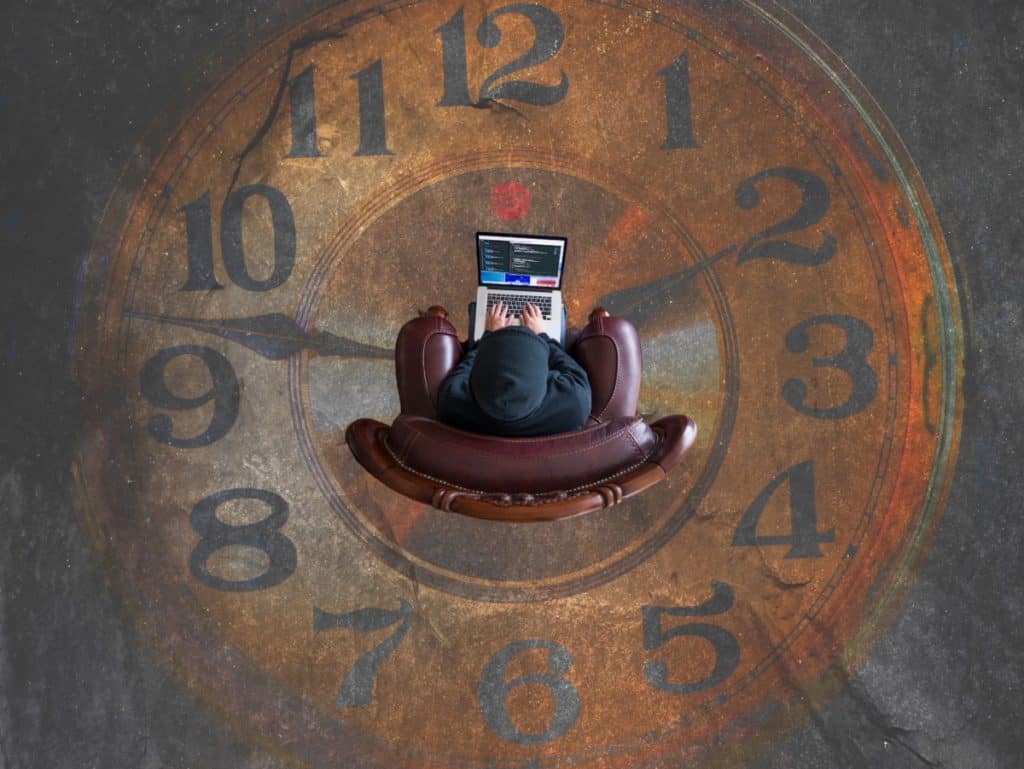
The subtle art of an emphatic NO
If you have heard about the 80/20 rule, you should be familiar with the extra yield principle. The sense of reactivity is what makes most people feel busy during the day. You lead yourself into believing that everything is a priority and a challenge that must be conquered. In contrast, one of the effective ways to get by is to learn to say yes or no subtly, but emphatically.
People feel stressed because they say yes too many times more than it is good for their wellbeing. Don’t be hard on yourself; human psychology prefers to say yes than turn a person away. This is because saying no leaves you in a tight position. However, learning to say no will save you from trouble and, ultimately, stress.
If you find it difficult to say no, you can use terms like “let me think about it and get back to you” before ever saying yes. Sure, there will be assignments that you need to always say yes to, like doing your dishes; however, you can turn down the less significant ones.
Most people, although capable of saying “no”, prefer not to. However, successful people can create the space needed to think and underline tasks that are important or a complete waste of time. For example, you can make a list of the 10 things you want to do before the day end, and rank them in their order of essentiality on a scale of 1-100%. Then you can pick the ones to say yes to.
Whatever does not fall within the 80-100% range is an automatic zero. Surprisingly, people tend to focus on the ones with the lowest ranking before the ones at the top of the table. Take all your energy and put it to use on the crucial tasks and say NO to the other ones.
Wide exploration but narrow commitments
One significant similarity between an essentialist and a non-essentialist is that both explore wide options before making decisions. However, the later commits to all options, and as should be expected, makes little progress. On the other hand, an essentialist recognizes the power of saying NO, and thanks to this, he/she commits to a narrow view, although explored broadly.
Then, when the person hits big, he/she can contain the success without stressing themselves out. An essentialist opines that not everything is essential. In contrast, a non-essentialist agrees that everything is essential. They pursue and commit to everything. As a result, they often stay up late because of the fear of missing out. Unknown to them, little efforts culminate into meaningless noise that births stress.
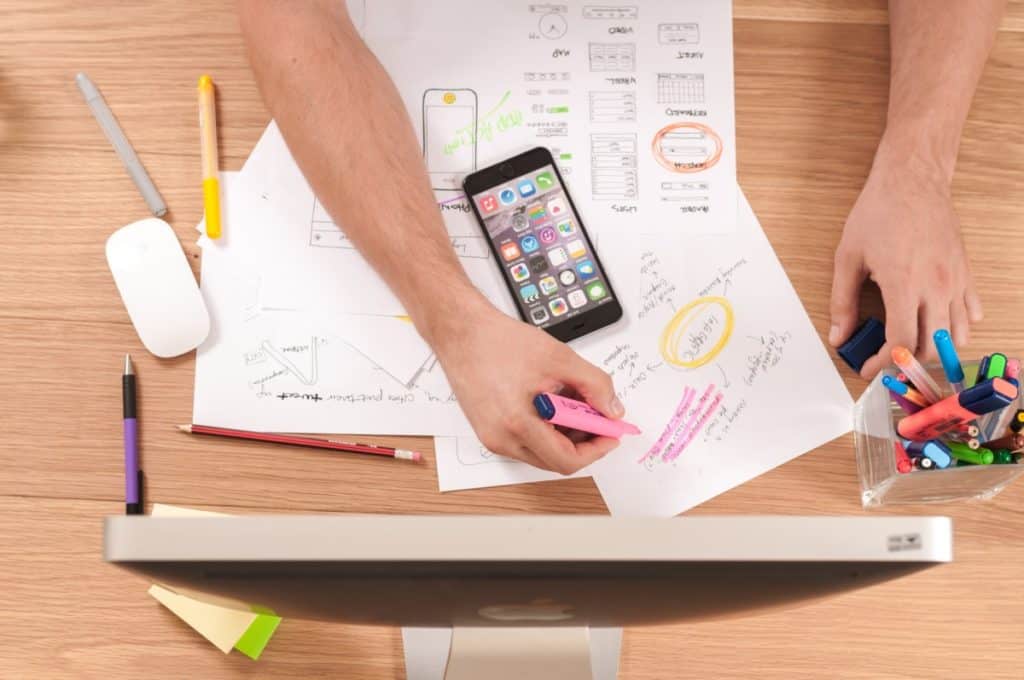
How to get started with stress-free essentialism?
Take charge of your day
Focusing on priority is the most effective way to take charge of your day. Unlike priorities, I used the word priority, meaning a singular task. Essentialism is about finding out one particular task that your living hinges on and completing it before starting the one closest to it.
Unfortunately, most people don’t find out what they want and move from one interest to another. As a result, they don’t often create joy in what they’ve built and only wear themselves down moving on to another thing.
To understand the big picture with life, you need to take a step back and give time and space to escape. Escaping from overwhelming routines allows you to pause and think about different tasks and tackle the crucial ones.
Cut down on distractions
Understand that you are in control of your day, and you will only reduce your commitments to only a few essentials. Sadly, most people don’t know what they want. As a result, they allow others to control the pace of their day. For example, try to imagine if your colleagues are all asking you to help where you haven’t carried out your task. If you are successful at it, you will be mentally and physically drained.
In contrast, when you can identify the essential things to your joy and happiness, you can focus on them. By implication, your day will stay yours and not someone else’s. When you do this, the people around you will start respecting your time, and you will have control to focus on the essential tasks.
By focusing on what’s essential in your life, you’re able to get rid of all other distractions. These distractions can be scrolling on social media every 10 minutes, walking to the fridge to get something to eat because you’re bored, hanging out with friends instead of working, etc. Don’t get me wrong, it’s important to take some time off and breathe a little, however, it’s very clear how much “time” you actually need for a break, depending on where you’re at. A non-essentialist will take regular and often breaks as the tasks and commitments lack motivation and lust. However, an essentialist will not have the same need for breaks as he/she finds joy in the different tasks. Therefore, get to know yourself and what you truly want. It is essential to becoming an essentialist.
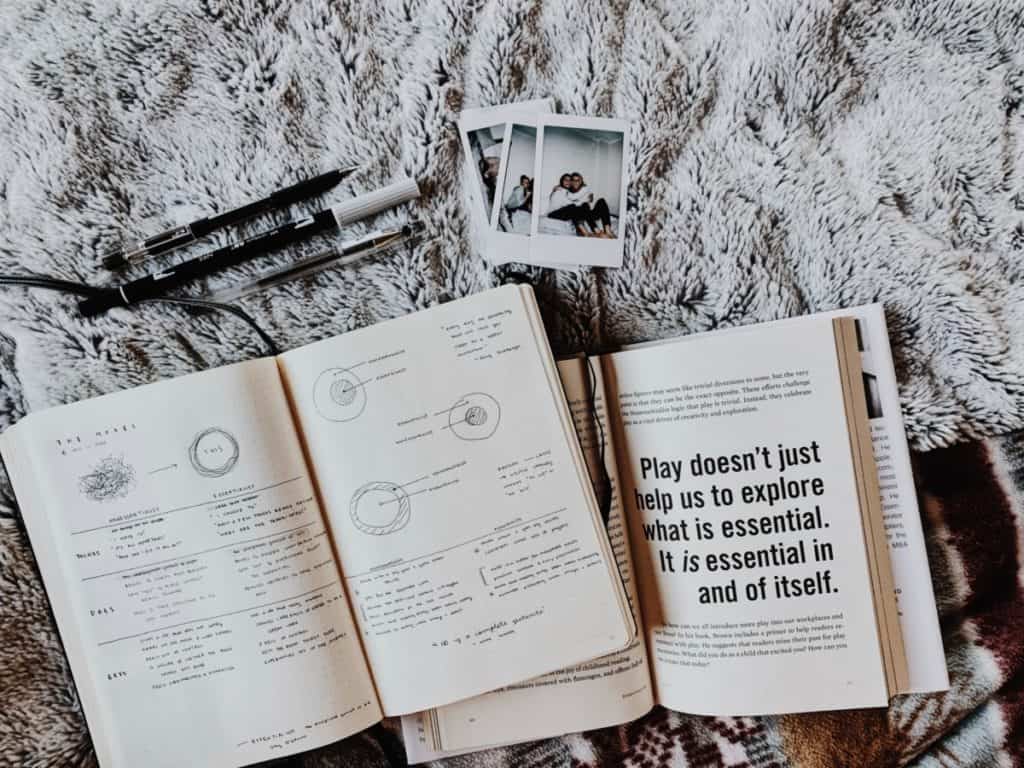
Start small and improve
Remember the quote by Desmond Tutu about how to eat an elephant? One bite at a time, he said. If you lived by the mantra of “go big or go home,” you will find yourself at the steps to your home before the end of the day. Why? You don’t run a marathon at once.
Whatever plan you need to accomplish, you should always start small. Small steps, when taken consistently, will accumulate into bigger and bigger strides in your journey. The difference between you and the person that started out running would be that you will get to the destination without feeling exhausted and even faster because you didn’t need larger breaks along the way.
Prioritize one task and finish it before moving on to the next one. You can create a to-do list to address prioritization to avoid burning out.
Build daily routines on essentials: Avoiding decision fatigue
Decision fatigue is the lack of innovation and creativity after handling too many activities over a short period of time. Having a routine helps to avoid decision fatigue since you must have outlined your activities. This way, you will have enough time on your hands to think and refresh yourself.
If you make too many decisions within the shortest period, the mental brainpower’s impact will leave you feeling exhausted. In a fast-paced world that we live in, it is considerably easy to become overloaded with decisions and burn ourselves out. Instead, it would help if you employed a routine as the antidote to preventing information fatigue.
Routines further help to drive you towards your goals. You can join a group or use checklists to target and maintaining a routine.
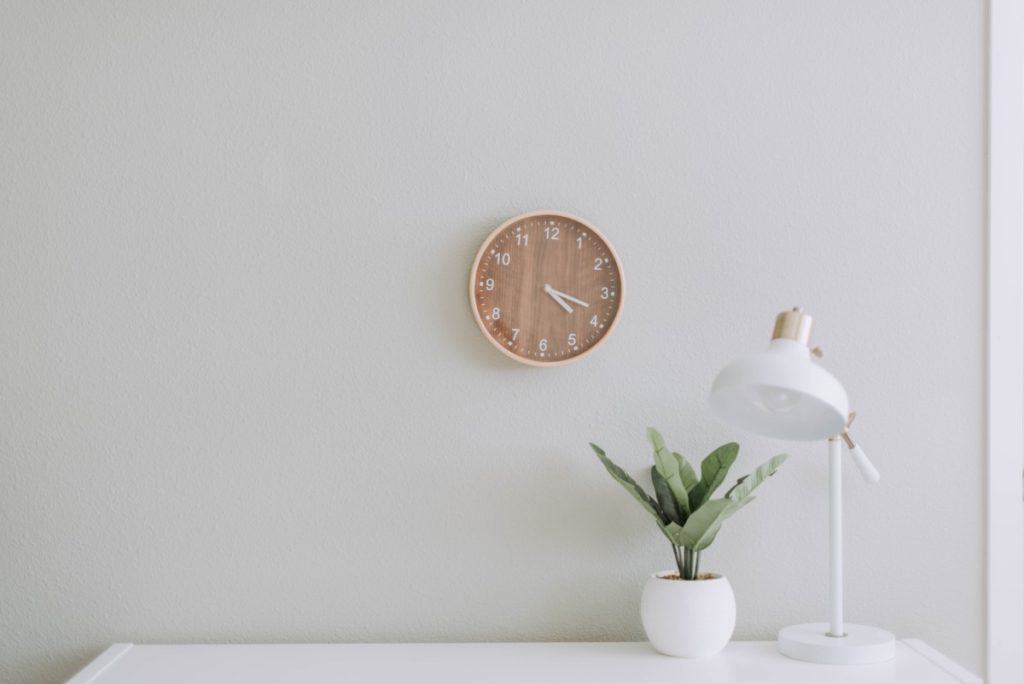
Don’t let your home be the cause of stress
Although everyday life can be stressful, you shouldn’t allow your home to add to the stress. Since some of the factors, especially at work, can be beyond your grasp, you should design your home in a way that makes it a sanctuary that keeps stress out. Hence, after having it at work, you can leave the stress out the door, relax, rest, and unwind from the day’s activity.
Declutter your home
The state of your home mirrors the state of your mind. Hence, if your home is a mess, it is an indication that your mind may not be well off. Clear surfaces and file things that can cause your house to appear messy. Put things under control and use bins to store things. Tuck away the appliances that you don’t use very often and organise your home to appear neat and clean. By adapting a minimalist mindset, the stress in your life might reduce significantly. Try to imagine coming home from work to meet unwashed dishes? You won’t if you keep them clean before leaving home.
Create a calming convenience factor to calm your home
Visual effects and neutral colors on your walls helps to calm the brain. It would help if you also looked for hacks that can make your daily activities less stressful. For example, you can create a charging or water station, or organise your kitchen to make cooking less of a task. Add some plants to your home in order to get some calming nature into your space.
Exercise
Exercise is another unique way to take the pressure of your mind. If you want, you can convert a part of your home to a room for routine exercise before heading out for the day’s business. Physical activities like yoga, short strength and endurance workouts and more releases endorphins, a chemical in your brain that works as a painkiller and happiness drug. In turn, it reduces stress. You can also create a space for meditation, reading, and more.
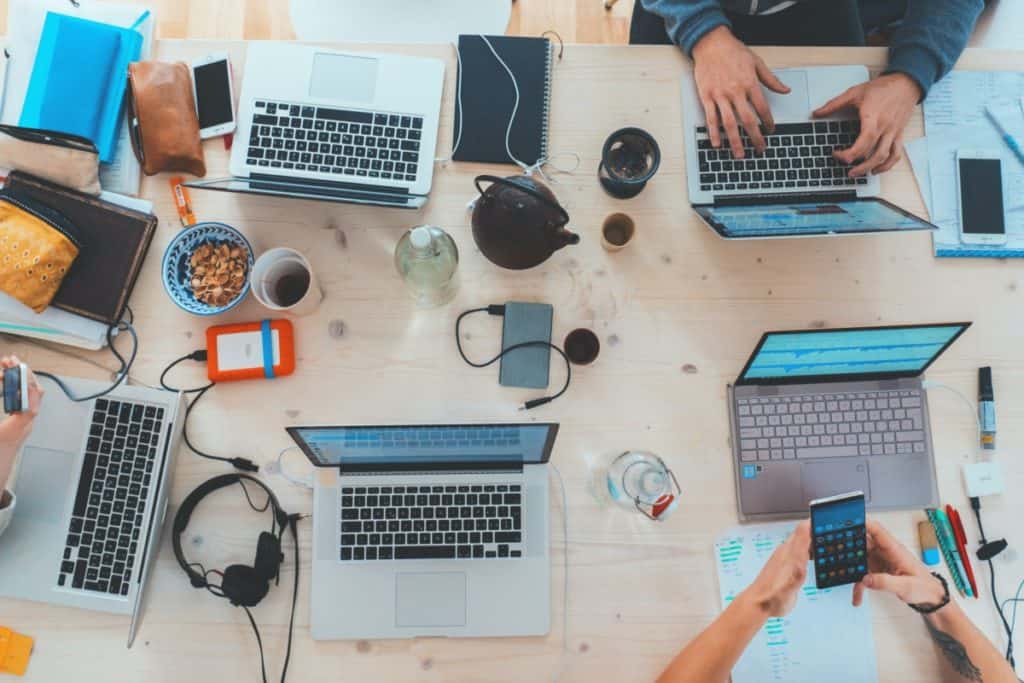
Cut down on screen time and information/opinion overload
Technology, although well-meaning, can be another source of stress for many people. The average human looks at the screen of their phone every morning before getting out of bed. Not just in the morning, the cycle is repetitive throughout the day.
Information overload is relying too much on information, so much that you cannot accurately sort through the ones that are of benefit. Unfortunately, when you spend too much on information, you are cutting down on time you can otherwise use to be productive at something else.
As if that were not enough, the digital age has witnessed migration from information overload to opinion overload. It is very easy for someone with virtual friends on a chatting platform, for example, to slip into depression because of the opinion of someone they’ve never met. Also, reading something sad, or negative on the digital platform may influence your productivity and motivation for the tasks you’ve laid a head of you. Rather than spend too much time browsing, you can reduce it and protect your mind to use it for more productive activities instead.
Prioritize play and sleep
Rest is crucial to keep a sharp mind. This is because stress heightens the part of the brain that monitors your emotion. As a result, it prevents you from thinking clearly. Play, as well, is essential to stay curious, alert, and stress-free. It allows you to explore and generate new ideas and insights.
When you can, participate in sports activities, hobbies and other joyful activities to clear your mind. More importantly, prioritize sleep as it prevents agitation and makes you more patient to go through whatever the day has in store for you. Don’t trade your sleep for ANY activities. Not just this, take a nap when you feel tired, and don’t try to keep going with caffeine as fuel. Your health and happiness depends on this essential point.

Conclusion
Understand that less is more. Human life is filled with numerous opportunities. Hence, if you missed one because you were productive doing something else, another one will show up sooner than you’d expect. That said, it is better to pursue less in a disciplined way relentlessly.
By continuously identifying meaningful and essential things, you will execute them efficiently without tiring yourself out. It is more about focusing on the crucial tasks and blocking interference from noises outside. This way, you can take control of your day, evaluate opportunities, and accept only those that promise the most in return.
